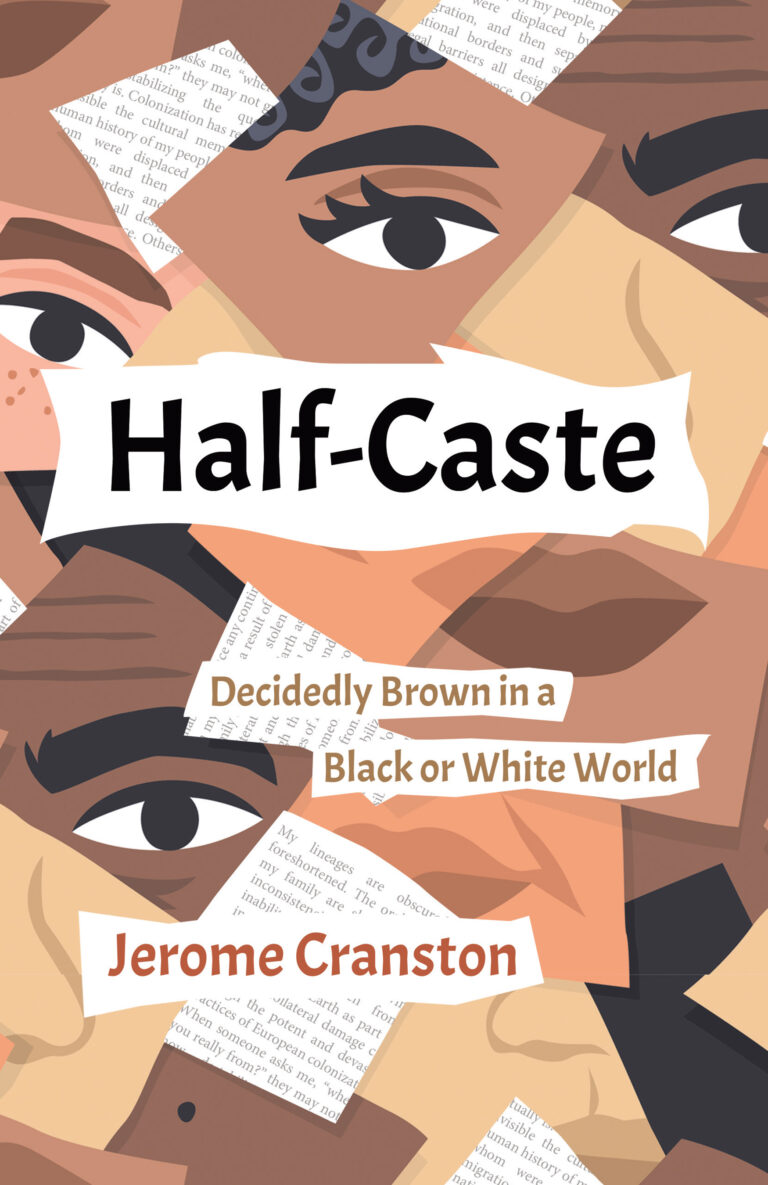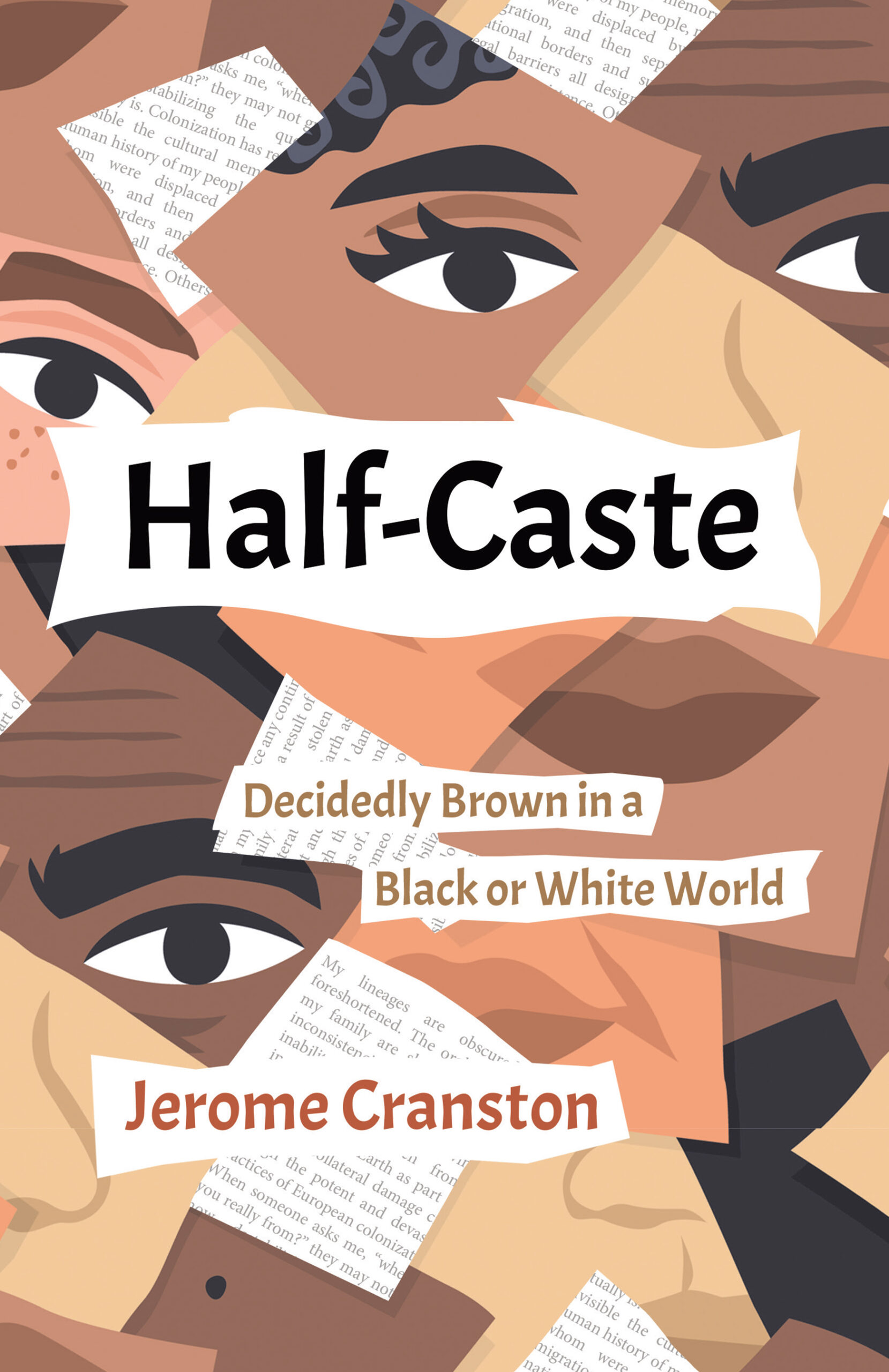The most meaningful stories in our lives are those we tell about ourselves. Jerome Cranston explores his identity in the memoir HALF-CASTE (subtitled, Decidedly Brown in a Black or White World). He does so by focusing on two main subjects: his troubled childhood, and his experience as a person of mixed ethnicity. The two are inexorably linked.
Born in Britain, Cranston grew up in Canada alongside three siblings. His father was a sullen, jealous, and occasionally violent man. One of his siblings had schizophrenia. The other one tragically died. Being a brown-skinned child in a predominantly White suburb made Cranston’s childhood even harder, as he repeatedly encountered hostility and prejudice. Nevertheless, the author overcame these obstacles to build an impressive academic career in education, and his success is a testament to his perseverance. His soul bears scars, but he’s still here.
Throughout HALF-CASTE, Cranston is examining his identity. However, he’s facing two significant challenges. The first one is a lack of ancestral roots. His father was a Scottish orphan. His mother left India in the 1950s and considered herself an “Anglo-Indian”—with a particular emphasis on the “Anglo” part. Hailing from displaced Nepali and Burmese tribes, she deliberately concealed her familial history from her children. Even though Cranston grows up a Canadian, others sometimes have trouble accepting him as such. The author frequently endures discussions with people trying to determine his origins; some called the author “Black” and “a mulatto.” Cranston provides a better description:
“I am the grandson of grandparents—both Brown and White—who were in various degrees anglicized, evangelized and colonized, and who faced the oppressive forces of colonialism and suffered under racist regimes. Their histories, the little I know of them, and history itself tell me they must have been forced to navigate a racially divided society.”
On the other extreme, some refuse to see him as an immigrant, even though he is one. While these conversations are not as bad as open hostility, they still hurt. They take away the author’s agency and try to define him based on nothing more than the color of his skin. Cranston prefers identifying as a Brown person instead of “South Asian,” “Burmese,” or “Indian.” For him, this is the most convenient way to summarize his complex ethnic background. As he puts it: “I am a racialized immigrant—a Brown immigrant who is the product of colonizing White supremacist forces and who has regrettably become a colonizing force in the lives of Indigenous peoples in Canada.”
But the author’s designation isn’t merely about the color of his skin. Like his memoir, it is about summing up a unique, complex life of a thoughtful and mature man whose mixed ethnicity made his life frequently difficult, sometimes tragic, but ultimately triumphant. HALF-CASTE is a fascinating insight into an experience many of us know nothing about. We should all learn from Jerome Cranston.
HALF-CASTE (Decidedly Brown in a Black or White World) is Jerome Cranston’s unflinching and riveting memoir about growing up in difficult circumstances. In addition, it is an insightful look into the challenges of racial identity in a modern-day world.
~Danijel Štriga for IndieReader


